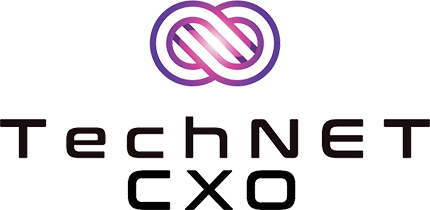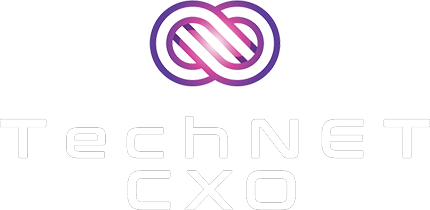Yukon Nurses Collective Agreement
Steve Geick, President of the Yukon Employees Union, speaks at a press conference in Whitehorse on December 18, 2018. According to Geick, a new collective agreement between the Yukon government and the Yukon Workers` Union will allow Yukon workers to take up to 48 hours of paid leave if they experience workplace trauma. (Crystal Schick/Yukon News file) A new collective agreement signed by the territory`s government and its union includes a first for Canada, says the president of the Yukon Employees Union (YEU). The agreement, which expires on December 31, 2021, applies to approximately 4,100 workers represented by the YEU and the Public Service Alliance of Canada. The three-year collective agreement, which came into force on July 15, is the culmination of nine months of negotiations, Geick said. “Many hours of hard work have been done by teams on both sides to secure this collective agreement.” Another aspect of the collective agreement, which is not mentioned in the government`s press release, is a common learning program, said Geick, who needed three rounds of negotiations to establish it. It provides an annual salary increase (5.25 percent, total, over the duration of the agreement, or $16.5 million) and higher work and weekend bonuses. Airport nurses and firefighters will benefit from additional market adaptation. Some $46,000 is also expected to be spent on community aid and remote bonuses. Yukon hospitals are working with two rate units: Geick said he was also pleased that there was no change in severance packages, a clear instruction from members. “It will allow people to take that time without having to worry about burning their own vacation, seeing their doctor, going through the process and figuring out what they need,” he said.
Lisa Wykes, who is temporarily a public service commissioner, said the process was cooperative. Incident leave regulations allow employees to have up to 48 hours of paid leave when they experience workplace trauma, Geick said. “What we looked at was a little more mentalhealth training, some complaints about training management, so both parties (workers and employers) are on the same side,” he says, adding that there will be 18 coaches. “Basically, we`re trying to spread abuse. If you can sit down and have a conversation before you fall into mourning, I think it`s better for everyone. The Professional Institute of Public Service of Canada (PIPSC) represents registered nurses, pharmacists, occupational therapists, physiotherapists and nutritionists. The Public Service Alliance of Canada (PSAC) includes many support services such as management, deprivation of liberty, laboratory, imaging, food services, licensed nurse practitioners and others.


